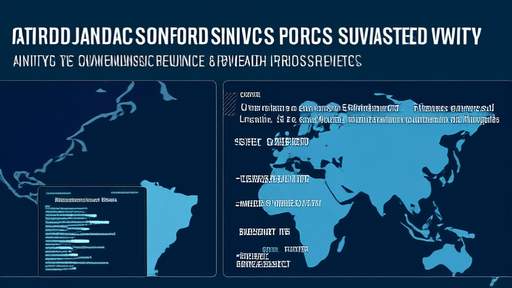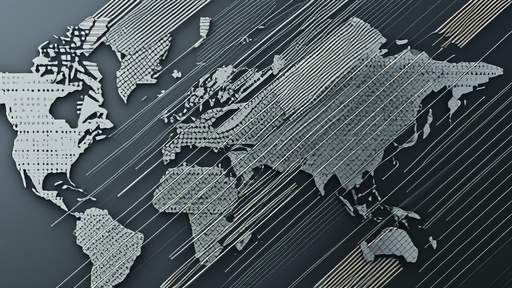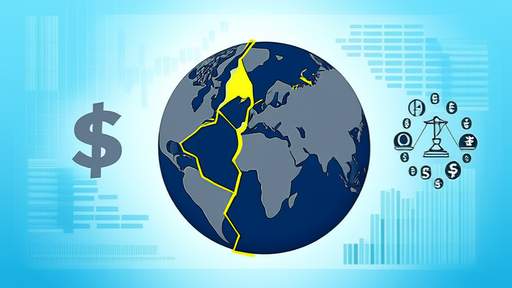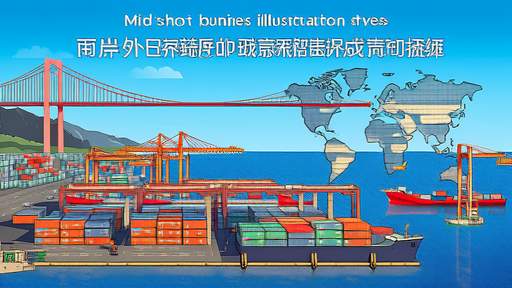The global demand for geopolitical risk advisory services has surged in recent years, driven by an increasingly complex and interconnected world. Businesses, governments, and financial institutions are recognizing the necessity of navigating uncertain political landscapes to safeguard investments, operations, and strategic interests. The rise of multipolar geopolitics, trade wars, and regional conflicts has created an environment where traditional risk assessment models fall short. This has led to a growing reliance on specialized consultancies that offer nuanced, real-time insights into geopolitical developments.
The shifting nature of global power dynamics has been a primary catalyst for the expansion of geopolitical risk services. The decline of unipolar hegemony and the emergence of competing blocs—led by the U.S., China, and the EU—have introduced new layers of unpredictability. Companies operating across borders must now contend with sanctions, export controls, and regulatory frameworks that vary dramatically depending on the jurisdiction. For multinational corporations, failing to anticipate these risks can result in severe financial penalties, reputational damage, or even forced exits from critical markets.
Another factor fueling demand is the proliferation of non-state actors influencing geopolitical outcomes. From cybercriminal networks to activist investors and non-governmental organizations, these entities often operate outside traditional diplomatic channels yet wield significant power. A single hacktivist group can disrupt supply chains, while shareholder activism can force companies to alter their foreign investment strategies. Geopolitical risk firms now dedicate entire practice areas to monitoring these players, offering clients early warnings and mitigation strategies.
The energy sector exemplifies how geopolitical risk consulting has become indispensable. The transition to renewable energy sources, coupled with lingering dependencies on fossil fuels, has created a volatile mix of competing interests. Oil-producing nations face existential threats to their economic models, while renewable energy companies must navigate subsidies, intellectual property disputes, and resource nationalism. Consultants in this space provide scenario planning that accounts for regime changes, civil unrest, and shifting alliances—all of which can upend market assumptions overnight.
Technology and data analytics have transformed the geopolitical risk industry, enabling more granular and predictive assessments. Satellite imagery, social media sentiment analysis, and machine learning algorithms now complement traditional intelligence-gathering methods. This technological edge allows firms to identify emerging flashpoints—such as labor strikes in strategic mining regions or clandestine infrastructure projects—before they escalate into full-blown crises. However, the human element remains critical, as context and historical nuance often determine whether a risk materializes.
Financial institutions represent one of the fastest-growing client segments for geopolitical risk advisories. Asset managers, private equity firms, and insurers increasingly view geopolitics as a core component of investment due diligence. A sovereign debt crisis triggered by political instability, for instance, can wipe out bondholder value across entire regions. Similarly, insurers underwriting large infrastructure projects need to price in risks like expropriation or contract cancellations by hostile governments. The most sophisticated consultancies now offer integrated services that combine political analysis with macroeconomic forecasting.
The COVID-19 pandemic served as a stark reminder of how geopolitical risks can intersect with public health and supply chain vulnerabilities. Vaccine nationalism, export bans on medical equipment, and accusations of biowarfare all emerged as geopolitical flashpoints. In response, many corporations have expanded their risk management teams to include in-house geopolitical specialists, while still maintaining relationships with external consultancies for broader perspective. This hybrid approach reflects the recognition that geopolitical risks are no longer sporadic concerns but persistent operational challenges.
Regulatory environments are becoming another key driver of demand, particularly in sectors like fintech and cryptocurrencies where compliance frameworks vary wildly across jurisdictions. A cryptocurrency exchange might face sudden regulatory crackdowns in one market while being welcomed in another, requiring constant geopolitical monitoring. Similarly, data localization laws and cross-border data flow restrictions have forced tech companies to rethink their global footprints. Geopolitical risk firms help navigate these minefields by providing country-specific regulatory forecasts and lobbying strategies.
Looking ahead, climate change is poised to become the next frontier for geopolitical risk analysis. Droughts, rising sea levels, and resource scarcity will likely trigger mass migrations and interstate conflicts over water and arable land. Forward-thinking consultancies are already developing climate-political risk matrices that overlay environmental projections with governance indicators. These tools aim to predict which governments might collapse, which regions could become conflict zones, and where new economic opportunities might emerge as climate patterns shift.
The geopolitical risk advisory industry itself faces challenges in meeting this booming demand. Talent shortages are acute, particularly for analysts fluent in both regional languages and advanced analytics. There’s also growing scrutiny around potential conflicts of interest when consultancies simultaneously advise governments and private sector clients on opposing sides of geopolitical disputes. The most reputable firms are addressing this by establishing strict firewalls between practice areas and being transparent about their methodology.
Ultimately, the value proposition of geopolitical risk services lies in their ability to convert uncertainty into actionable intelligence. In a world where a single tweet from an authoritarian leader can move markets or a covert drone strike can rewrite trade routes, traditional risk management approaches are obsolete. Organizations that fail to institutionalize geopolitical risk assessment—whether through in-house capabilities or external partnerships—do so at their own peril. The market has spoken: geopolitical insight is no longer a luxury but a fundamental business requirement in the 21st century.

By /Jun 3, 2025

By /Jun 3, 2025

By /Jun 3, 2025

By /Jun 3, 2025

By /Jun 3, 2025

By /Jun 3, 2025

By /Jun 3, 2025

By /Jun 3, 2025

By /Jun 3, 2025

By /Jun 3, 2025

By /Jun 3, 2025

By /Jun 3, 2025

By /Jun 3, 2025

By /Jun 3, 2025

By /Jun 3, 2025

By /Jun 3, 2025

By /Jun 3, 2025

By /Jun 3, 2025

By /Jun 3, 2025

By /Jun 3, 2025